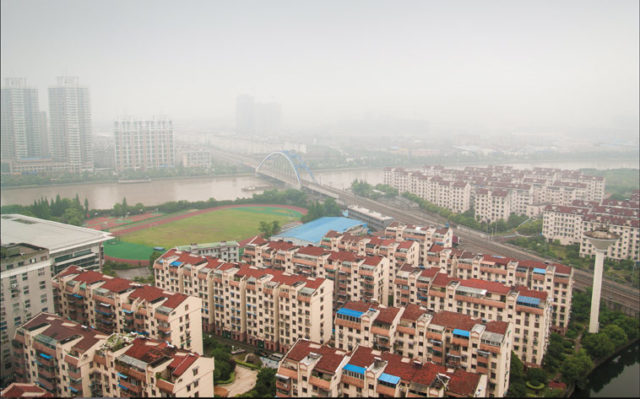Real estate and land — how to get it, who should inherit it, and how much of it you need to be an eligible bachelor — these are the problems that beset Chinese people of all social strata from peasant farmers to the urban rich. The real estate business is also closely associated with corruption and with China’s huge income disparities, so political scandals in which officials accumulate large numbers of apartments are a quick source of popular anger. In 2102 and early 2013, there were three stand-out cases of officials who became notorious on the Chinese Internet for their real estate transgressions:
House Uncle (fang shu 房叔)
On 8 October 2012, a post was made to the Tianya forum website accusing Cai Bin, a political commissar at the Panyu district urban management office in Guangzhou, of owning twenty-one homes that occupied more than 7,200 square metres of space. He was fired after Panyu district authorities confirmed that he actually owned twenty-two properties. A subsequent investigation revealed that he had taken bribes and conducted illegal business activities while serving as Vice-Director of the district Public Security Bureau, and his case was handed over to the courts.
House Sister (fang jie 房姐)
At the end of January 2013, Gong Ai’ai, a bank executive in Shaanxi province, was detained by police for using forged household registration documents to amass forty-one residential properties. When a microblogger revealed that the majority of her real estate in Beijing was purchased in the Sanlitun SOHO development, SOHO real estate company founder Pan Shiyi was accused of being complicit in Gong’s fraud and money-laundering racket. Drawing on archived news reports and previous complaints to the State-Owned Assets Commission, left-wing gadfly Sima Nan accused Pan of the rather more insidious crime of conspiring with another property tycoon, Ren Zhiqiang, to defraud state assets. Sima claimed that Ren, chairman of the Huayuan Group, sold an idle development in downtown Beijing to Pan for a price well below market value, after which Pan completed development and realised a profit of five billion yuan. At the heart of the controversy was the ownership of Huayuan Real Estate, the listed company that actually held the properties bought by SOHO, and whose largest shareholder is the Huayuan Group, a state-owned enterprise. Pan and Ren’s critics claim that this makes the properties state-owned assets and therefore subject to restrictions on trading.
House Grandpa (fang ye 房爷)
In late January 2013, a post on a Southern Media Group portal website accused Zhao Haibin, a member of the party committee at the Public Security Bureau in Lufeng, Guangdong province, of possessing a second identity as ‘Zhao Yong’, a resident of Zhuhai. Rumours then began to circulate that Zhao had acquired 192 homes in Guangdong. On 4 February, Zhao admitted to the Guangzhou Daily that his name had once been attached to multiple homes, but it was done purely as a convenience for his brother, a property developer, and he no longer had anything to do with them. On 26 March, the Lufeng Information Office announced that Zhao had been expelled from the Party and given an administrative punishment for possessing two IDs, and that the remainder of his case had been handed over to the courts.



